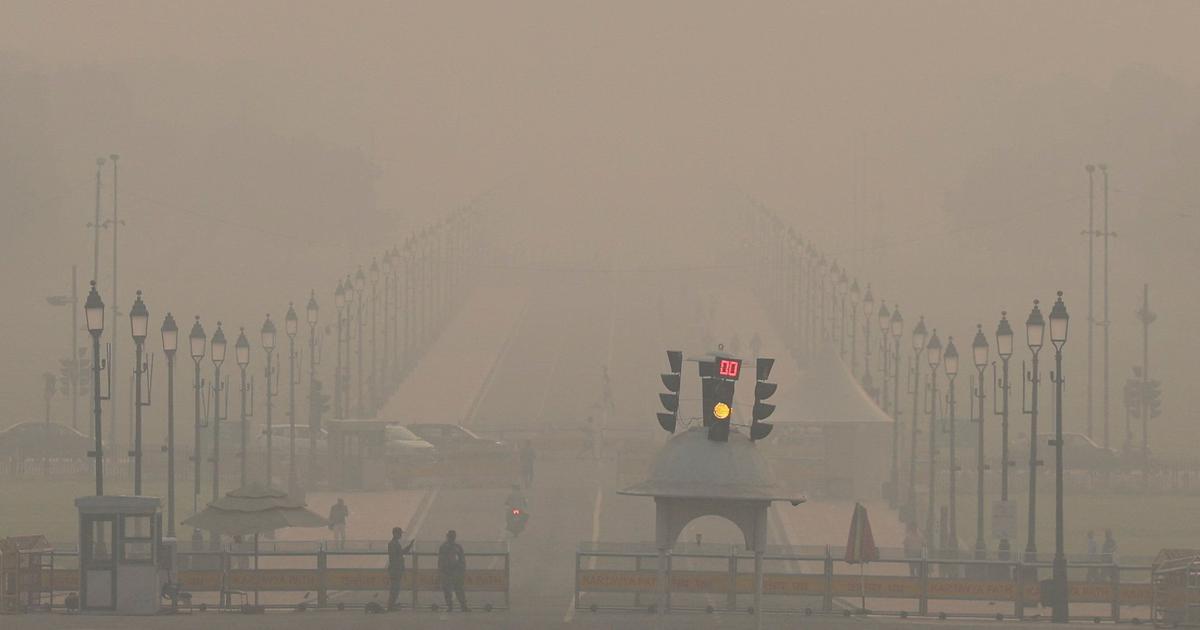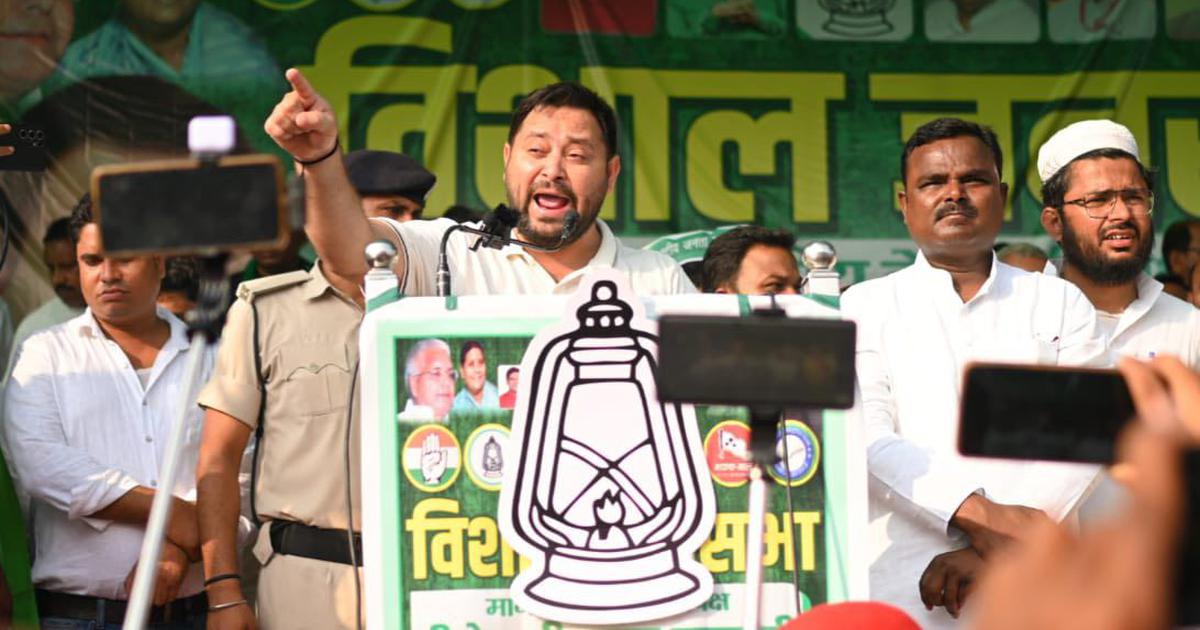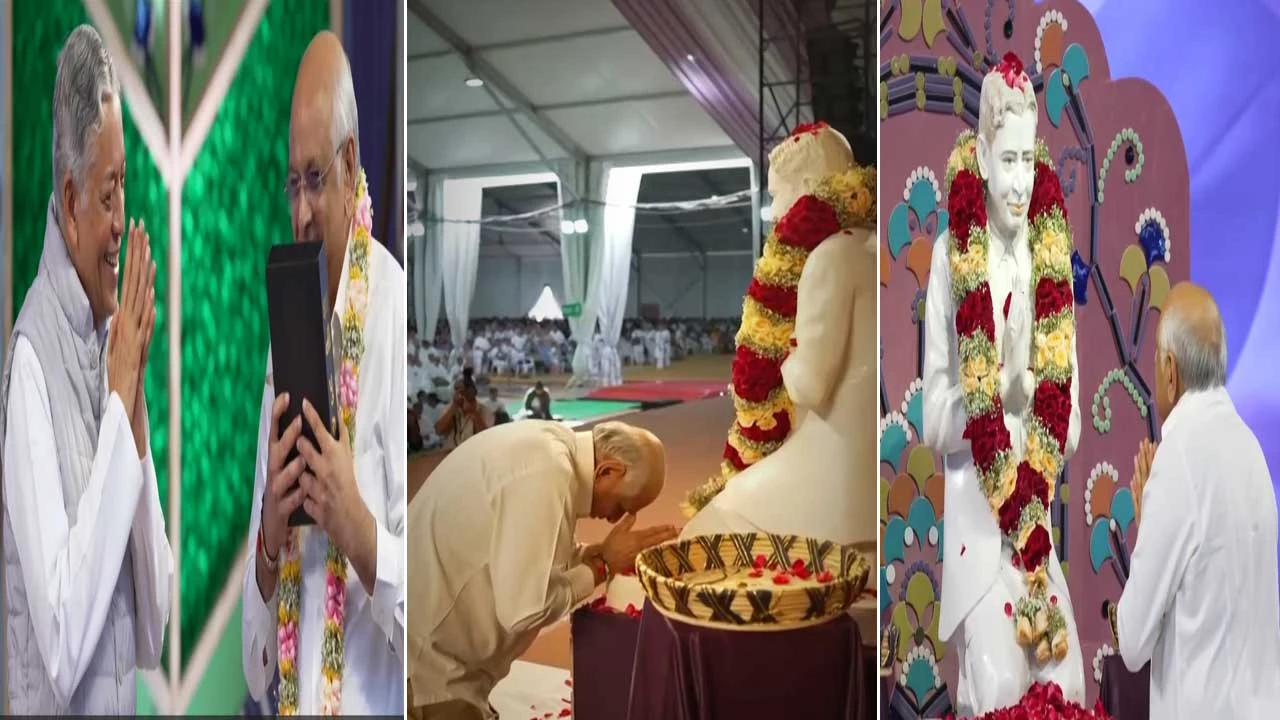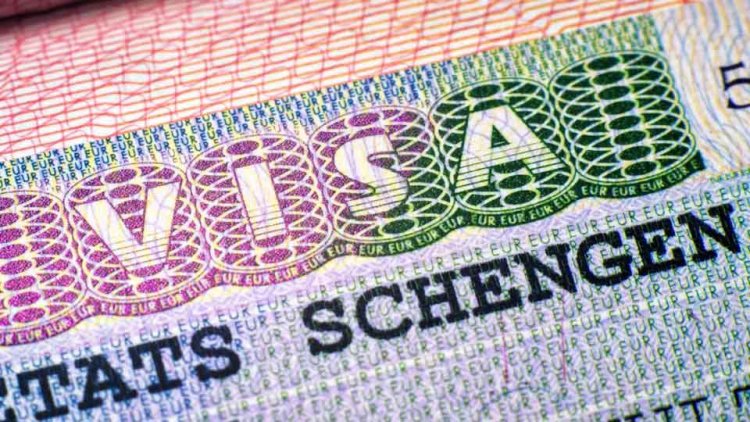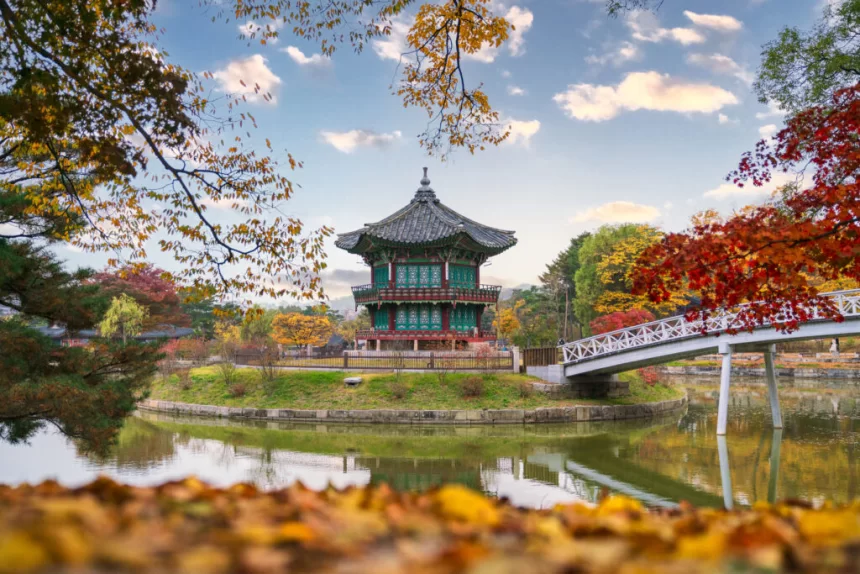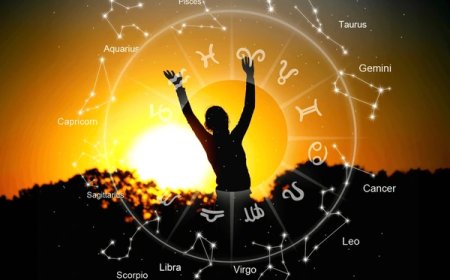‘The Day the Earth Bloomed’: An evocative tale of travel, poverty, beauty, and rhythms of language

Join our WhatsApp Community to receive travel deals, free stays, and special offers!
- Join Now -
Join our WhatsApp Community to receive travel deals, free stays, and special offers!
- Join Now -

On picking up a translation, one assumes that there is a core literary work, around which a scholarly apparatus is gathered. But what if the literary work depends intrinsically on a scholarly, or at least very educatedly self-aware, apparatus? This is the case with Manoj Kuroor’s The Day the Earth Bloomed (translated from the Malayalam by J Devika). The protagonist of the novel, set millennia ago, is less a character, and more the language. The language here is what one might call a deeply Tamilised Malayalam.
Tamil / Malayalam
The entanglement of Tamil and Malayalam is millennia old, and it is hard for a non-partisan to argue when Malayalam may legitimately claim a separation. Yet, as Kuroor demonstrates, there is much to be gained from embracing that heritage – Malayalam is only enhanced. We cannot know, or hear, what exactly was spoken in (what is today) a Malayalam country seventeen centuries ago – and it would be anachronistic to ascribe ethnicity or tribe, Malayalam or Tamil, to these peoples and their speech.
What we do have preserved more tangibly are classical Tamil poems, and so a language has to be stitched together today that is in Malayalam but was, as the author KR Meera helpfully explains in the...
What's Your Reaction?
 Like
0
Like
0
 Dislike
0
Dislike
0
 Love
0
Love
0
 Funny
0
Funny
0
 Angry
0
Angry
0
 Sad
0
Sad
0
 Wow
0
Wow
0
